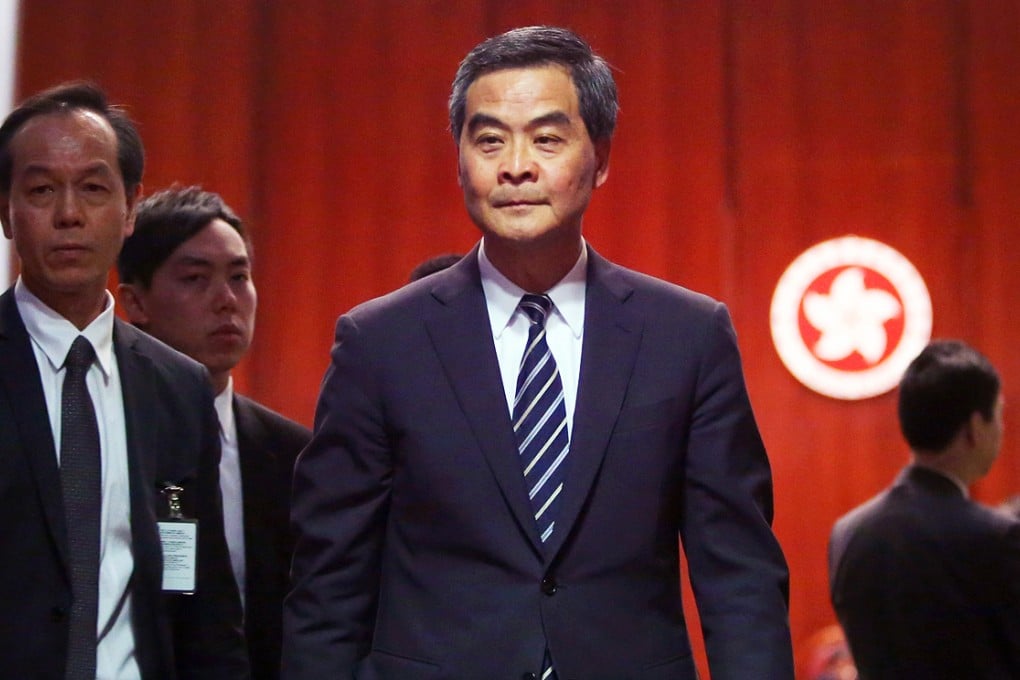Leung Chun-ying needs to do more
Leung Chun-ying knows perfectly well that no policy speech would be complete without giving a good dose of hope for the needy.

Leung Chun-ying knows perfectly well that no policy speech would be complete without giving a good dose of hope for the needy. In his third address, he did not shy away from tackling thorny issues like affordable housing and retirement protection. The measures may not be as headline-grabbing as his attacks against Hong Kong University Students' Union for advocating "self-determination" in their publications, but they are necessary steps to address our long-term challenges.
But the public appears to be unimpressed. An instant poll found that 35 per cent of the respondents were dissatisfied with his speech, five points higher than the satisfied. The findings were significantly worse than those for his two previous addresses. With an average score of just 49.5, out of 100, it is indeed the worst policy address in a decade, according to the Public Opinion Programme of the University of Hong Kong. A score below 50 was last recorded under Tung Chee-hwa in 2004. He resigned as chief executive the following year.
That is not to suggest Leung's authority is under any threat yet. He was still highly praised by state leaders during the annual duty visit to Beijing last month. But there appears to be a gap in terms of the support among the central government and the local public. He has yet to win broad support from locals, as evidenced in the latest survey and those who showered him with criticisms in a radio phone-in programme yesterday.
We trust that Leung is not giving a false sense of security when he expressed confidence in averting the supply-demand imbalance in housing progressively. The commitment to turn some public rental flats for sale at discount price is good news to many yearning for a self-owned unit, so is the bid by the Urban Renewal Authority to earmark two housing blocks in Kai Tak for middle-class homebuyers. But the bad news is that the number of flats available is likely to be just a drop in the ocean.
No less important is better retirement protection. The HK$50 billion set aside for future needs is a good step forward. But the government is apparently not in favour of a universal pension scheme. Given the spending involved, it makes better sense to direct resources to help the needy. A consultation on the way forward will be launched later this year.
People care more about a decent living space and retirement life than what students write in their magazine. They look up to the chief executive for more concrete measures that make a difference to their livelihood.